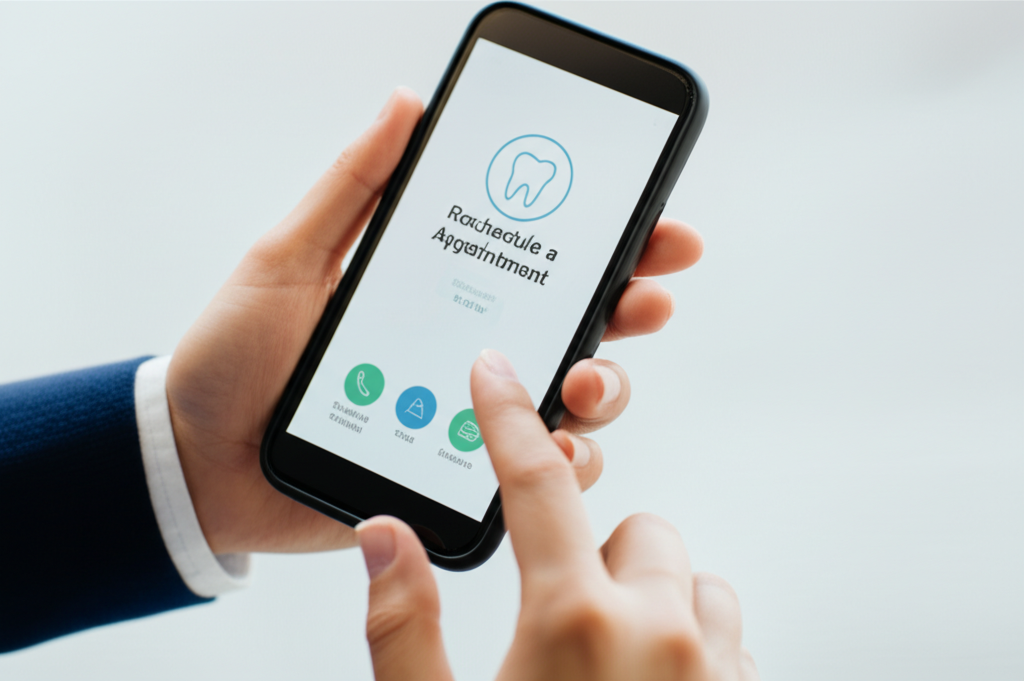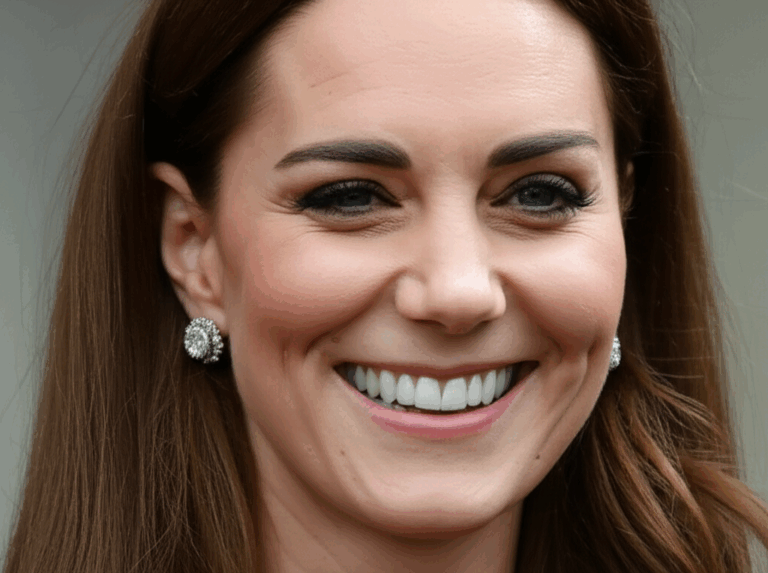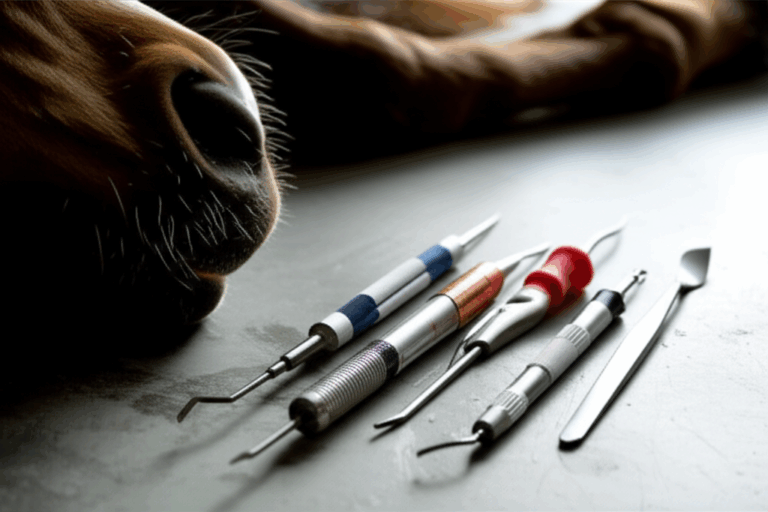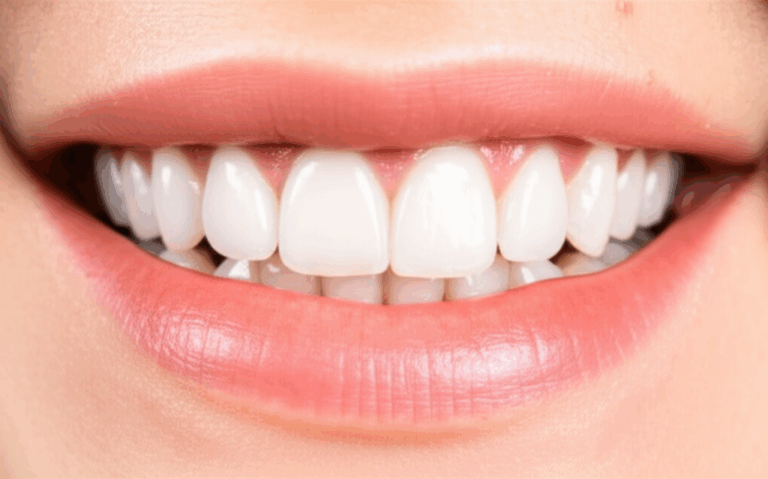
How to Reschedule a Dentist Appointment: Your Complete Guide to Avoiding Fees & Maintaining Care
Life doesn’t always go as planned. Maybe you wake up sick, your child’s teacher needs you, or work adds a last-minute task. Suddenly, your dental appointment doesn’t fit your schedule.
Is it normal to reschedule a dentist appointment? For sure! A lot of people do it.
The most important thing is to do it the right way—being respectful to your dentist’s time and taking care of your own teeth.
In this guide, I’ll show you when, why, and exactly how to reschedule your dentist appointment, help you skip those extra fees, and keep your teeth healthy.
Let’s make this simple and stress-free.
In This Article
- Why Might You Need to Reschedule a Dentist Appointment?
- Step-by-Step: How to Reschedule Your Dental Appointment
- Important Considerations When Rescheduling
- Frequently Asked Questions (FAQs)
- Your Healthy Takeaway – What to Do Next
Why Might You Need to Reschedule a Dentist Appointment?
We’re all human. Plans change. No matter how carefully you plan, sometimes you just can’t make it. Here are the main reasons people reschedule:
- You’re feeling sick.
Maybe you’ve got a cold or the flu. It’s kinder to stay home and keep germs to yourself. Your dental team will be glad you called.
- You have a work or school conflict.
Sometimes meetings, school tests, or surprise work tasks happen.
- A family emergency comes up.
These just can’t be helped—kids, older parents, or partner problems.
- You simply forgot about your appointment.
This actually happens a lot. Almost 40% of missed appointments are because people forget.
- Travel plans change.
Maybe a business trip or family travel comes up out of nowhere.
The bright side is dental offices see this all the time. They’d much rather you call to change the time than just not show up.
Still, how you reschedule is very important.
Step-by-Step: How to Reschedule Your Dental Appointment
Here are four easy steps to handle this well:
1. Gather What You Need
Before you contact your dentist, make sure you have:
- Your original appointment date and time
- Your full name and best way to reach you (phone/email)
- A short reason for rescheduling (optional but helpful: “I’m sick,” “Busy with work”)
- Your new available days and times (be specific if you can)
This saves time on both sides.
2. Choose the Right Way to Contact
Dental offices usually let you contact them in a few ways. Here’s how to pick:
- Phone call
This is still best. You get quick answers, it’s clear, and you can ask about fees or open times.
Use this way if the change is urgent or last minute.
Call during office hours—try to avoid leaving a voicemail if you can.
- Online patient portal or dental website
Lots of offices let you reschedule through websites or apps, anytime.
Good for changes that aren’t urgent—but always wait for a confirmation message.
- Email or text message
Some offices let you email or text to change your appointment.
Fine for normal cases, but make sure you get a reply.
Don’t use these if your appointment is in the next 24 hours.
> Pro Tip: If you aren’t sure, check your appointment reminder or the dentist’s website for what to do.
3. Speak Clearly and Politely
How you ask matters. Use this easy template for any method:
> “Hi, my name is [Your Name], and I have an appointment on [original date/time]. Something’s come up and I need to reschedule. Could you please tell me which other days and times are open? Sorry for any trouble, and thanks a lot for your help.”
- Give your name and appointment info first.
- Give a short reason if you want; most teams appreciate knowing why.
- Suggest some new times if you have them.
- Be polite—say, “Sorry for the short notice,” if it’s last minute.
- Thank the staff.
4. Make Sure It’s Set
Don’t risk a mistake! Before ending the call or email:
- Double check your new appointment day and time
- Ask for a written confirmation: Most offices will send a text or email.
- Add the new date to your calendar right away
- Set your own reminder at least a day before the new appointment
If you don’t get a confirmation, follow up to be sure.
Important Considerations When Rescheduling
Knowing Dental Office Rules: Policies & Fees
Every dental office is different when it comes to cancelling or moving appointments. Most try to be flexible, but there are some rules.
The 24-Hour Notice Rule
Most dentists ask for at least 24 hours’ notice to cancel or change an appointment.
Why? They save that time just for you, get materials ready, and plan their staff’s work around it. Last-minute changes leave them with a hole in their schedule.
If you cancel too late, you might pay a fee. This can be anywhere from $25 to the whole cost of your visit, depending on the office and type of appointment.
Not sure? Ask: “What’s your cancellation policy? Will I have to pay if I’m late or don’t show up?”
What if You Just Don’t Show Up?
If you skip your appointment without telling them, most dentists will charge a no-show fee. Some might make you pay before you can book another time.
Emergencies vs. Non-Emergencies
True emergencies—like sudden illness, accidents, or family problems—are treated differently.
Just be honest. If something serious happens, let them know as soon as possible and tell them the truth.
Many times, they’ll let you off the hook if it’s a real emergency.
If You Change Appointments At the Last Minute A Lot
If you do this many times, the office might notice. They could start asking for a deposit or make it harder for you to get the best time slots.
Why Telling The Office Early Matters
The earlier you let your dentist know, the better:
- Staff have more open days and times to offer you.
- They might be able to give your spot to another patient waiting for care.
- Good communication helps build trust between you and your dental team.
Waiting to call only raises your risk of a fee—or going without care you need.
What If You Can’t Reach the Office or It’s Really Last Minute?
Sometimes life and office hours don’t match up. Here’s what to do:
- Leave a full voicemail or email:
Say your name, your old appointment time, why you need to change, and the best number to call back.
Say, “Sorry for the late notice—please call me back at [number] so we can reschedule. Thanks!”
- Call again or check in when the office opens.
- Know you may still be charged for late cancellations or missing the visit, but asking early is always better.
Don’t Skip Dental Visits for Too Long
It’s easy to think, “I’ll reschedule later.” But waiting can cause real problems:
- Small cavities turn into big ones.
- Gum issues can get worse.
- Skipping cleanings can mean tooth loss or bigger dental bills.
Most offices want you to reschedule soon. So, have your calendar handy when you call and try to book your new visit right away.
Frequently Asked Questions About Rescheduling Dental Appointments
Is it rude to reschedule with my dentist?
Not at all. As long as you let them know early and are polite, dentists would rather change your appointment than have you miss it.
What if I forgot and missed my appointment?
Call as soon as you can. Say sorry honestly, ask to reschedule, but you might have to pay a no-show fee.
Can I change my appointment online and not ever call?
A lot of offices offer that using patient portals or their websites. Check your dentist’s site for details, or look in your reminder emails.
How much notice do I need to avoid paying a fee?
Usually 24-48 hours is enough. This gives the office time to offer your spot to someone else.
Will I be charged if I change my appointment less than 24 hours ahead?
Maybe. Every dentist is different, but lots of offices have fees for late changes because they lose money and materials.
If this is your first time or it’s a true emergency, they might not charge you. Just ask—they’ll tell you.
Are all dental appointments treated the same for rescheduling?
Nope. Bigger jobs (like wisdom teeth out, root canals, crowns/bridges) may have stricter rules because they take more time and set-up.
What if I’m a new patient?
Some places have tougher rules for new patients, just to keep their schedules running. Double check when you book.
What do I need to tell them to reschedule?
At the very least: your name, date/time of the appointment you’re moving, and your phone number or email.
Your Options Explained: Managing Dental Appointments to Suit Your Life
Everyone is busy. Here are some tips so you don’t miss—or have to move—appointments too often:
At-Home Tips:
- Set more than one reminder on your phone or calendar.
- Add your dental visits to your work or school calendar, too.
- Sign up for text or email reminders if your dentist offers them.
If your schedule changes a lot, ask for a mid-morning or mid-afternoon time. These are usually less popular and simpler to move if needed.
Using Tech: Tools for Today’s Dental Patients
- Patient portals let you reschedule, see your records, and update info. More offices now use these tools for a smoother process.
- Text and email confirmations are very useful. Always read them, and reply if needed.
- Calendar apps help you share dates with your family. If you care for kids or older parents, remind each other about dental visits.
When to Call Your Dentist Right Away
Call your dentist right away if:
- You think you have a dental emergency (bad pain, broken tooth, infection).
- You need to cancel less than 24 hours ahead.
- Your dental insurance has changed (so the office can check coverage).
Who Is This For? (Good Candidate Section)
Not sure if you should reschedule, cancel, or just keep your appointment? Here’s a quick list:
Good reasons to reschedule:
- You’re sick and could spread germs (fever, flu, vomiting).
- There’s a real family or work emergency you just can’t avoid.
- You have dental pain and might need urgent treatment instead.
When not to reschedule if you can help it:
- You’re nervous—talk to your dentist about being scared instead of just moving the visit.
- You forgot to check your calendar, but call them as soon as you know.
- It’s just not the perfect time for you, but you could move other things instead.
Still not sure?
Just call. The staff will tell you if it’s okay to change or if you should come in as planned.
Collected Data & Why It Matters: The Bigger Picture
Let’s put this into perspective:
| Fact | What It Means For You |
|---|---|
| 10-15% of dental appointments are missed or rescheduled in the USA | You’re not alone—millions do this! |
| $100-$300/hour lost by dentists when someone doesn’t show | Dentists depend on having full schedules to offer care |
| Almost 40% of missed appointments are just forgotten | Text reminders and phone calendars really help! |
| A 24-hour notice rule cuts no-shows by 20% | That’s why offices use these rules |
| Text/email reminders mean 50% fewer missed appointments | If you can, sign up for these! |
When offices have kind, open rules and patients talk early, everyone is happier.
Advanced Tips: Special Considerations for Busy Patients
- Book back-to-back appointments: If you need fillings, cleanings, or braces work, ask if you can come for everything at once or during slow weeks.
- If you travel: Ask if your dentist uses tools that connect with other dental labs, like a china dental lab, just in case you need dental work away from home.
- Getting a crown, bridge, or implant? Times to see your dentist may be tighter, and timing matters much more. Check with the crown and bridge lab or implant dental laboratory your dentist works with for how lab timing affects your appointment options.
Your Healthy Takeaway – What to Do Next
Here’s the main stuff to keep in mind:
- Rescheduling a dentist appointment happens a lot—don’t feel bad.
- Tell your dentist as soon as possible. Call or use their preferred way to contact you.
- Be clear, nice, and honest. Give your new open dates and make sure you get a confirmation.
- Learn your dentist’s office rules. This way, you won’t have surprise fees.
- Don’t put off visiting. Waiting can turn small problems into big, pricey ones.
- Use reminders, digital calendars, and online tools to help out and keep your smile healthy.
To sum it up:
Being proactive helps your dental relationship, saves cash, and—most of all—keeps your smile looking great.
So next time you need to reschedule, just handle it calmly and you’ll be back on track.
Have more questions about dental visits, new treatments, or dental technology? Check out our resources on digital dental lab innovation, or see how a china dental lab can help your practice stay ahead.
Keep healthy, stay kind, and always take charge of your oral health.
Now that’s something to smile about!








